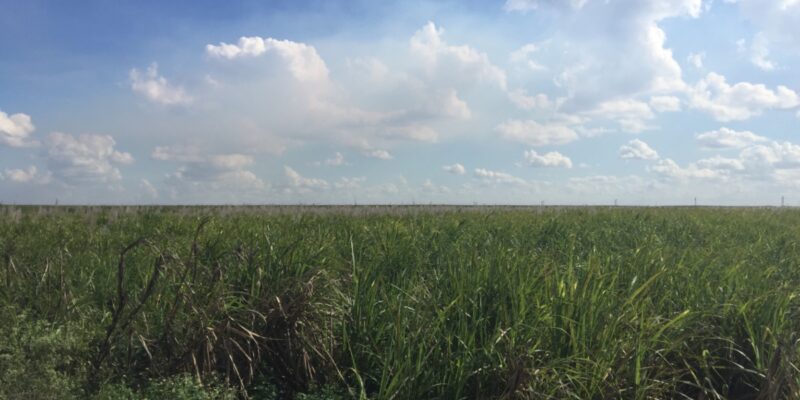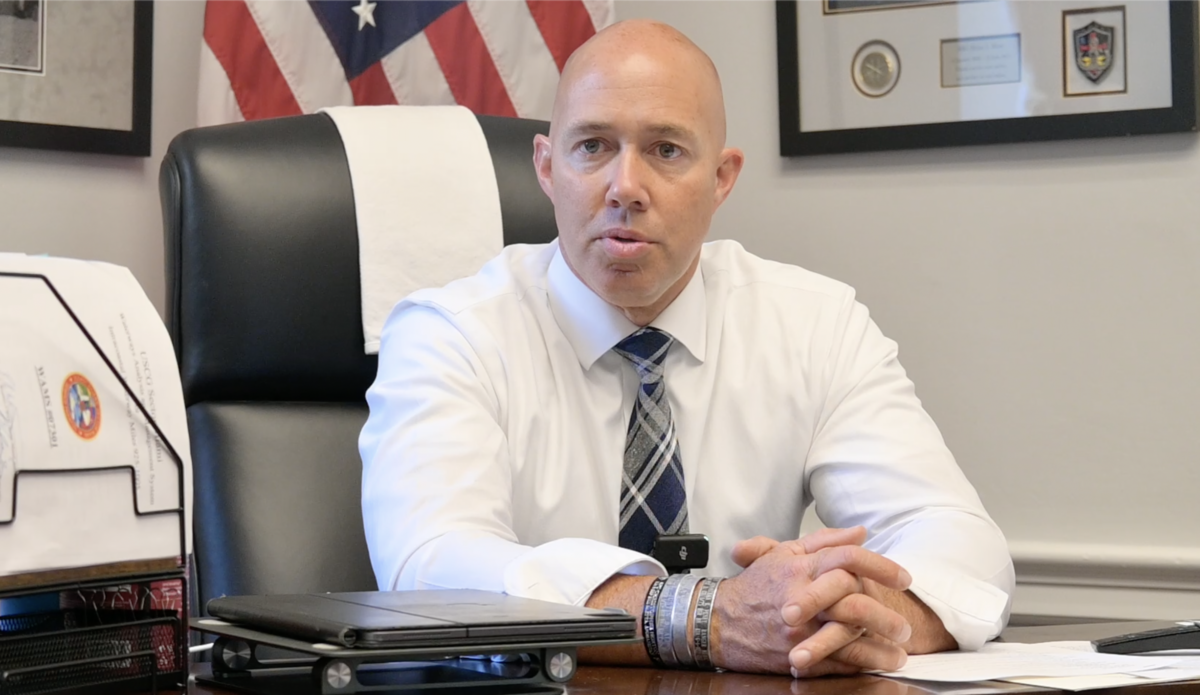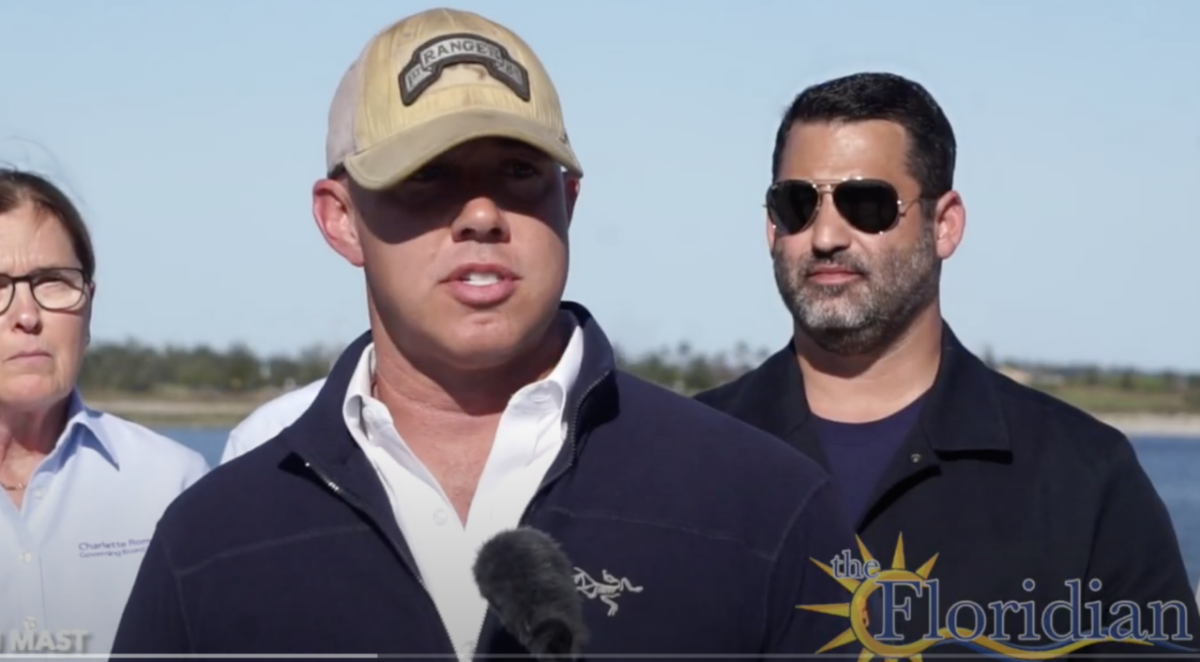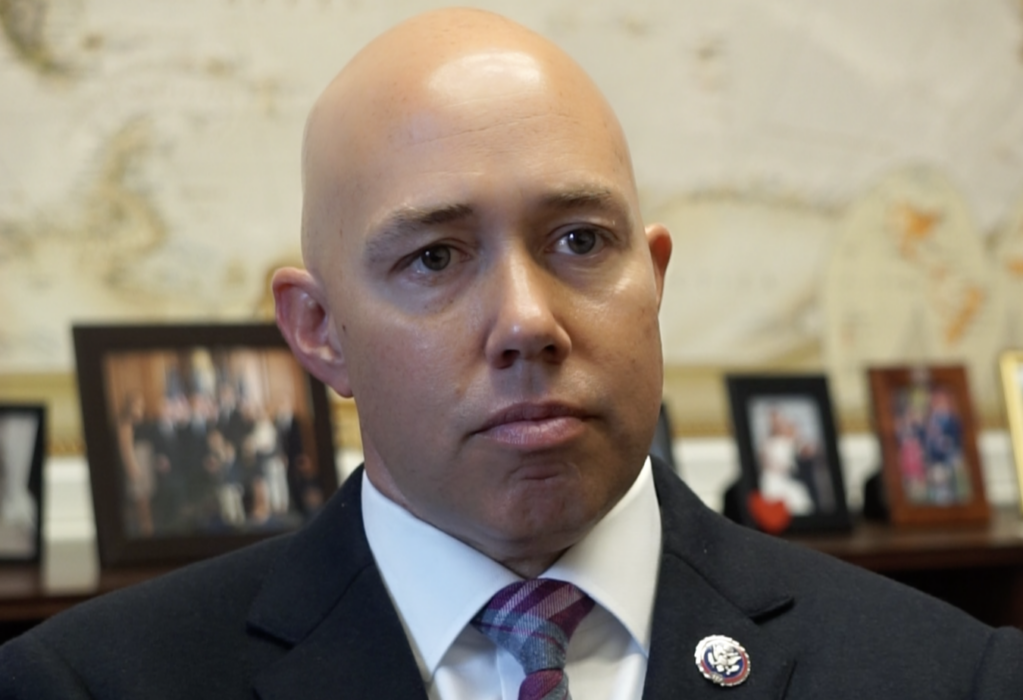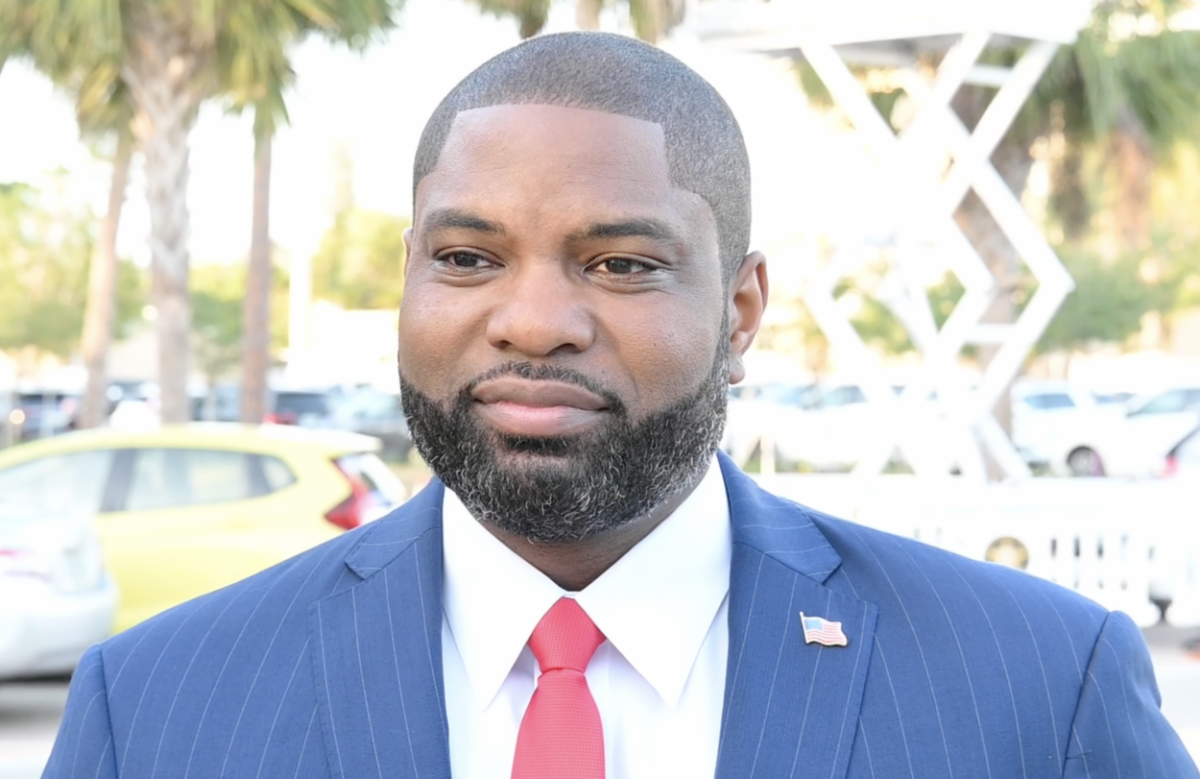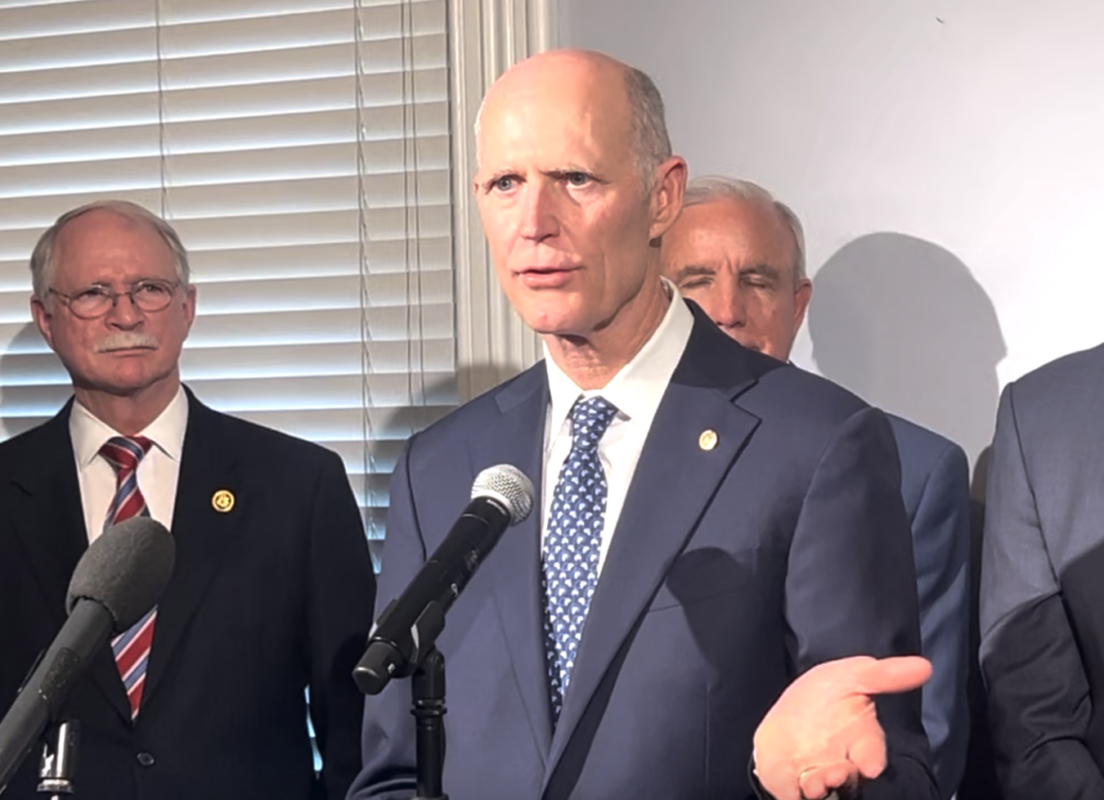Could a deadly wildfire that ravaged the island of Maui last summer be repeated in Florida? As investigators look into who or what is responsible for the fire that killed nearly 100, signs suggest Hawaii’s restrictions on agriculture burns may have helped fan the flames.
The Sierra Club and Earthjustice were instrumental in passing policies that increased litigation against utilities and agricultural companies, which resulted in grasses and crops growing out of control, and causing a fire danger.
A recent story in the Washington Examiner reveals the role climate and environmental activists played in laying the groundwork for the recent deadly wildfires:
Hawaii’s burn ban came about as a result of lawsuits and lobbying campaigns waged by activists and organizations, including Earthjustice and the Sierra Club. The effort succeeded in ending prescribed agricultural burns, which contributed to the demise of a historic 36,000-acre sugar plantation in 2016.
It’s no coincidence that there weren’t any wildfires comparable to this year’s Lahaina event during the many decades that the plantation operated and managed risk with prescribed burns. Had the 145-year-old sugar plantation been able to continue to manage the land, the fire, whatever caused it, certainly wouldn’t have been fueled to burn as destructively as it did.
The very same Sierra Club, along with other environmental groups, has been pressuring the state of Florida to ban prescribed agricultural burns, specifically against the sugar industry.
In the upcoming Farm Bill, a legislative measure that comes up for review every five years, Rep. Brian Mast (R) has introduced an amendment that prevents sugar farmers from taking part in the government's surplus agriculture program.
“None of the funds made available by this Act may be used by a Federal agency to purchase surplus sugar from industries practicing sugarcane burning. It is the sense of Congress that sugarcane burning is an unsafe and unnecessary practice that jeopardizes the health and safety of residents who live nearby and pollutes the environment,” reads Rep. Mast’s amendment.
But is sugarcane burning really that unhealthy for Floridians and the environment?
According to the Florida Department of Environmental Protection air quality in the state is the best it has ever been, and has “one of the best outdoor air quality monitoring networks in the country.”

